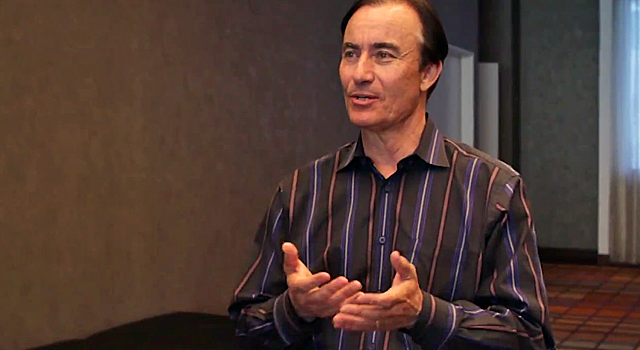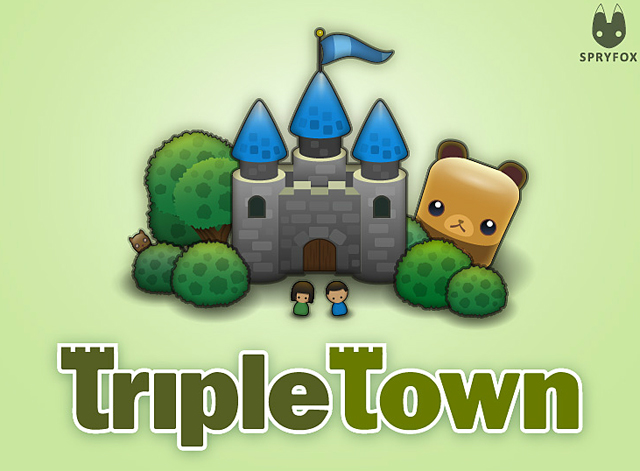The founder of Electronic Arts, 3DO and Digital Chocolate clearly explains why in today’s mobile platform market you can’t do without a publisher, and states that 30% of Apple and Facebook’s deductions are too much.
Digital distribution has decently reshaped the usual video game industry, allowing developers to sell their games without a publisher,” says Eric Caoili’s latest article on Gamasutra. Now the market has to pay for this with virtual storefronts bursting with offers, where it is becoming more and more difficult for developers to single out their project in a host of alternative proposals every day.
Trip Hawkins, who was at the origins of Electronic Arts in 1982, is sure that in the current market situation, the traditional publishing model is again necessary.

“When it all started, Apple, Facebook, and Google invited developers to their platforms, claiming that they no longer needed publishers,” he notes in his interview with BigWorld Technology.
“But I think the honeymoon is over, because if there are 1 million apps in the store, the fact that your app is one of them does not mean that someone will find it,” says Hawkins, whose current company, Digital Chocolate, is engaged in publishing mobile applications. “Now you have to think about how to find and attract traffic to your project.”
Independent developer Spry Fox faced this problem when attracting users to the Facebook version of their popular social puzzle Triple Town in January of this year. As a result, Playdom took over the publishing and promotion of the project.

Hawkins also questions the right of publishers to 30% deductions from each transaction that Apple and Facebook take for themselves. In his opinion, these companies do not provide services similar to those that were and are in real retail chains. There are no employees who can help with the purchase.
“Retailers used to not only solve the problem with product distribution, but also with promotion,” he says. “At the very beginning, such a problem was also easily solved in stores – there were few applications. However, now there are thousands and thousands of programs, so these platforms no longer solve this problem, which means they no longer deserve their 30%. These 30% are some completely arbitrary number that doesn’t make sense at all.”
So it turns out that with a rare exception (which, for sure, will only emphasize the rule), developers are simply no longer able to release a hit on their own. More precisely, even if they release it, no one will notice it if a good publisher is not involved in the case.
Also on the topic:1. What should I do with the finished application, or why do I need a publisher?
2. Virtual round table.
Part 2
